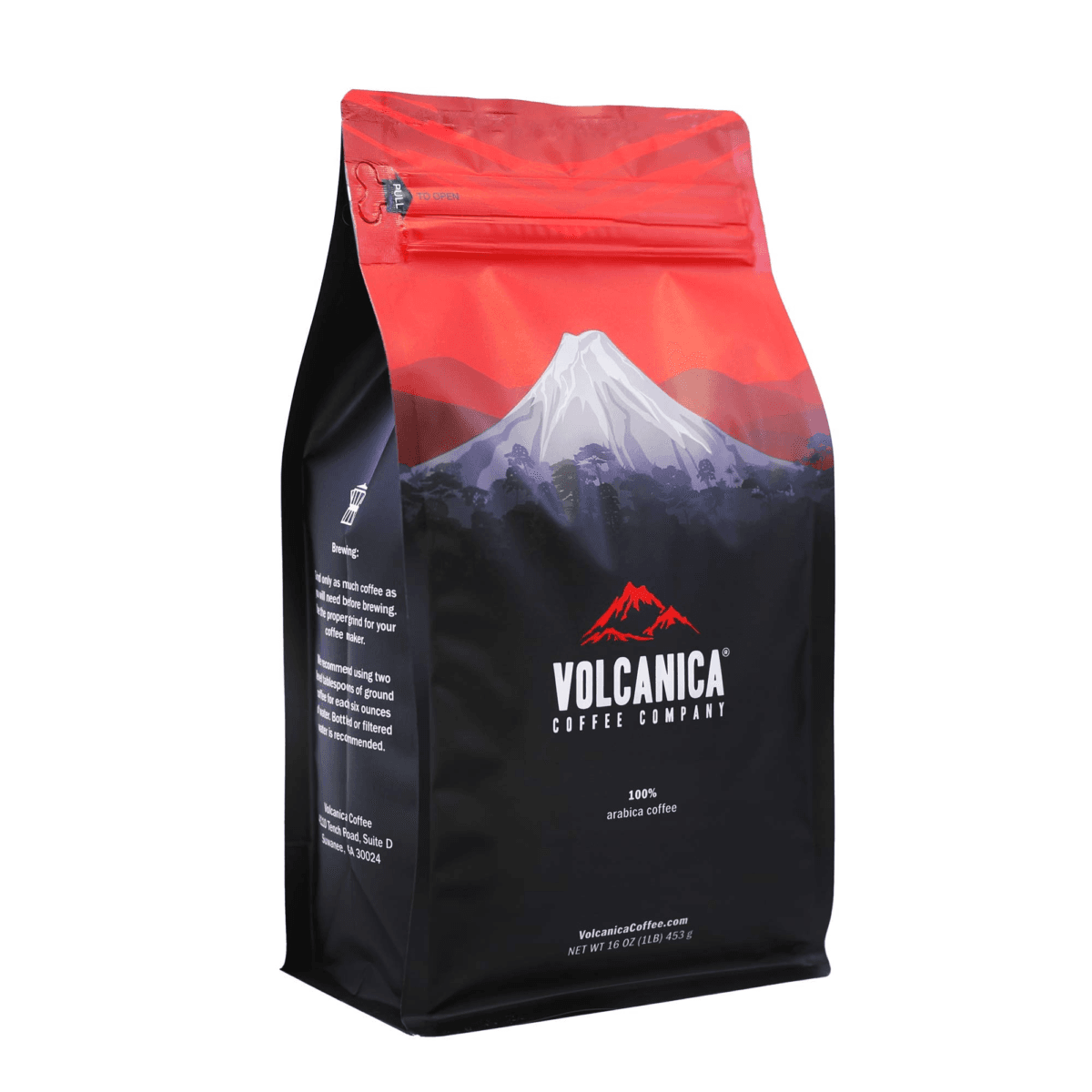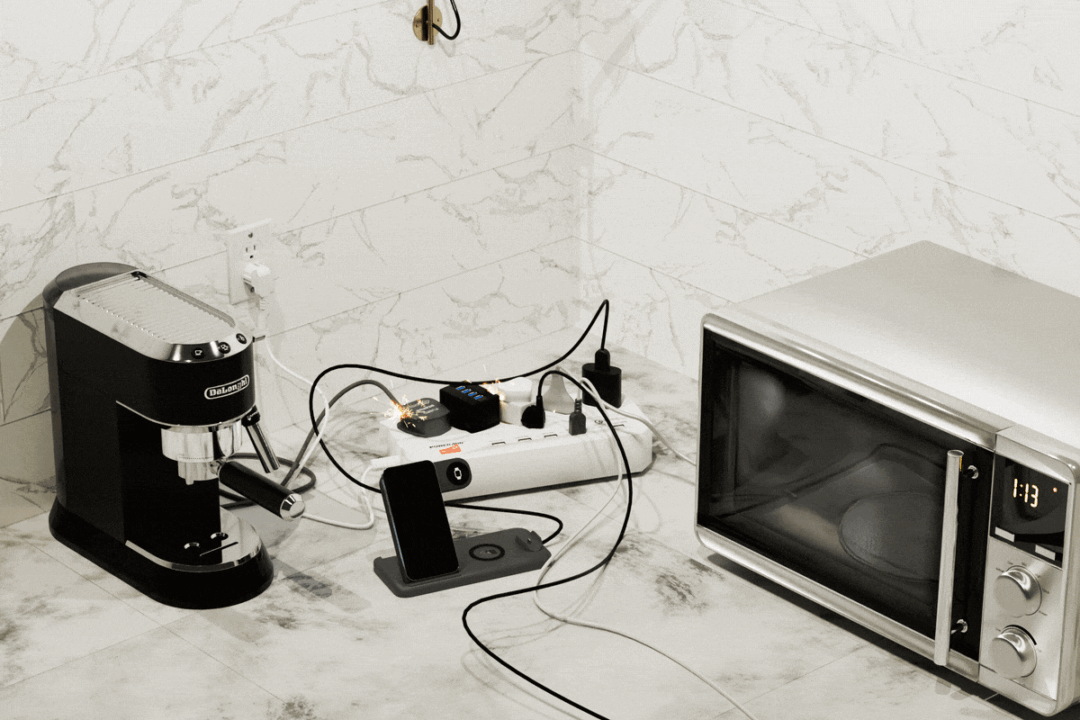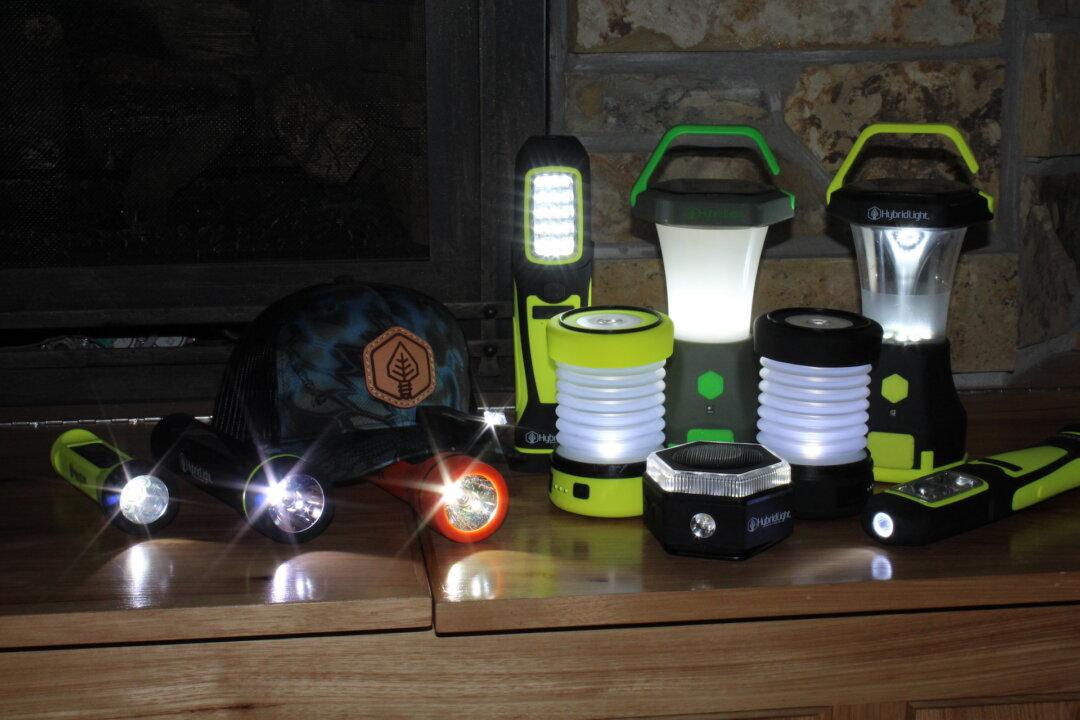The coffee cognoscente turns their nose up at “mall coffee,” seeking instead to identify and enjoy the ultimate brew. We accepted the challenge to collect a sampling of the most unusual javas.
Thank a Civet
Volcanica Coffee Free-Range Kopi Luwak

Courtesy of Volcanica Coffee





